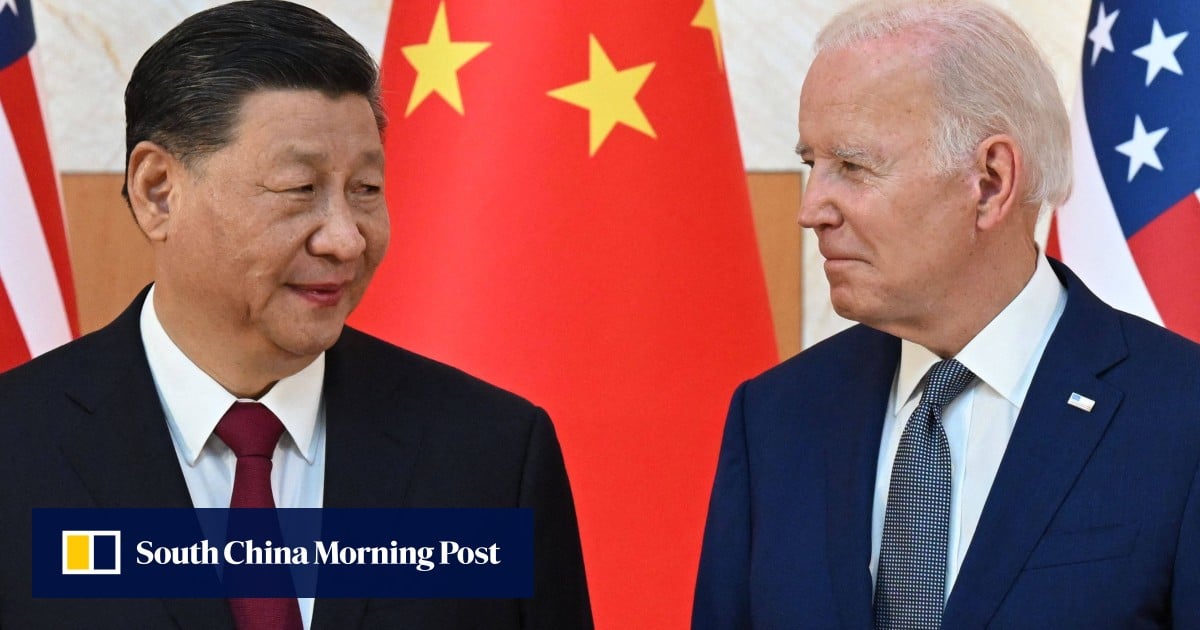Bussiness
US business lobby calls China’s security focus ‘extreme’ in 600-page report

China should dial down its “extreme” emphasis on national security and keep foreign companies in mind when crafting industrial policy to give them the incentive to expand their presence in its market, a US business lobby has said.
In a 600-page document featuring numerous policy reviews and recommendations, the American Chamber of Commerce in China called for the country to allow foreign organisations to compete on a level playing field with domestic firms and clarify how the country’s national security laws apply to business.
“As much as China wants to attract more foreign investment, there are forces within the government which lean in the direction of impeding foreign investment because of an extreme emphasis on national security,” Lester Ross, chair of the chamber’s policy committee, said on Tuesday as its annual white paper was released.
“This spills over to work security or occupational security,” Ross said. “We have a law, we do not yet have regulations defining what a work secret is … it’s a serious problem.”
China’s far-reaching laws on national security have been implemented while the government has also pushed policies to drive foreign investment, part of an overall effort to stimulate growth and restore trust in the country’s economic prospects.
However, in the chamber’s document – which outlined concerns and made proposals to both the Chinese and US governments – surveyed American firms said they remain “cautious” in their investments.
“We are in a stage now where promises and policies don’t move markets, and they don’t lead to investment,” Stein said. “Action leads to investment … that will really change sentiment.”
Made in China doesn’t always mean made in China. Often it means made in China by a Chinese company
Stein said another impediment to foreign investment can be seen when the Chinese government blocks competition from foreign firms in certain sectors due to a preference for products made in China.
“[But] made in China doesn’t always mean made in China. Often it means made in China by a Chinese company,” Stein said. “What we are seeing is the number of sectors where that applies seems to be growing, not contracting.”
US firms in China are more worried about bilateral tensions: AmCham survey
US firms in China are more worried about bilateral tensions: AmCham survey
“The absence of explicit restrictions pertaining to investments in non-sensitive technology sectors in China has cast a shadow of ambiguity over planning and fundraising efforts by US companies and those of US allies and partners,” said the chamber in its report, which was crafted with contributions from over 100 members.
“The era when American companies or foreign companies, frankly, can invest in China and get returns greater than they receive in other markets is disappearing,” Stein said. “The advantage … has largely disappeared in most sectors.”










